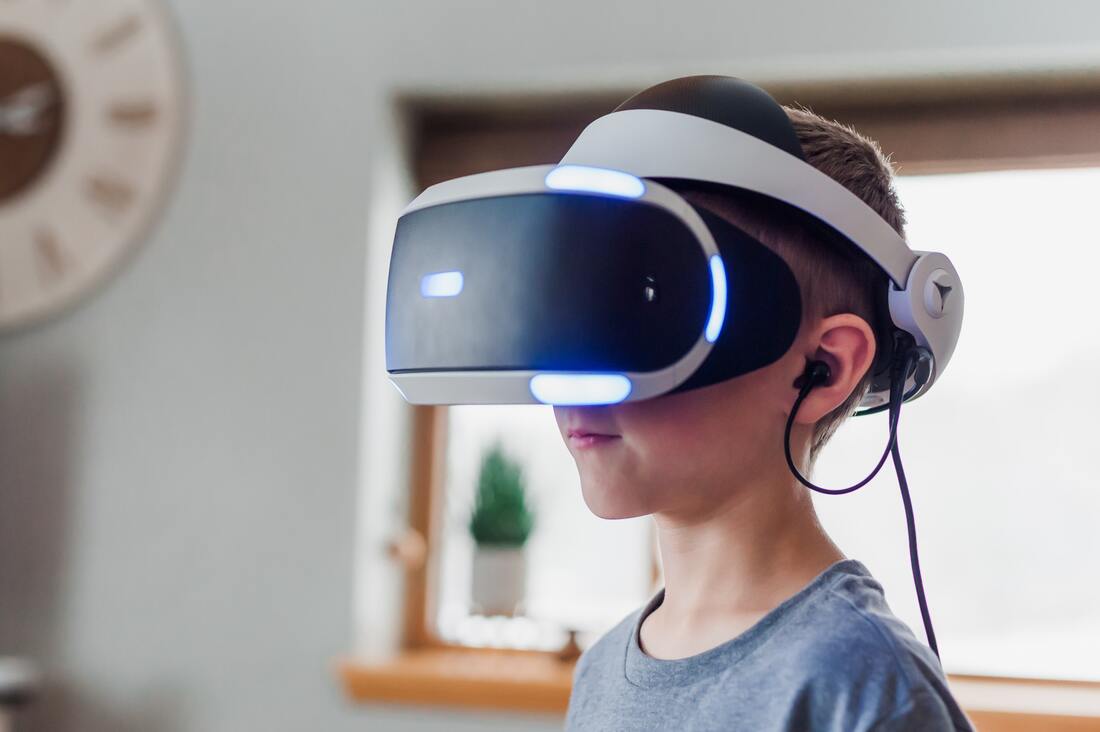|
By H. Gullo Most people usually think of gaming when the phrase ‘Virtual Reality’ or ‘VR’ is commented on. VR can immerse you into different worlds and experiences much other than the real world and simulate daily scenarios. You can enter a new dimension for less than a few hundred dollars.
When people use virtual reality for the first time, they are amazed by how similar it can be to reality. With hand controllers and movement tracking, you can truly immerse yourself in a game, or a space with other online users. This often makes people actually feel like they have been teleported elsewhere. Studies back this up with research that demonstrate the mind’s response to the imagined experience. If you look at this from a therapeutic perspective, producing day-to-day scenarios in a controlled environment can be very beneficial to people with mental illnesses. There have been spectacular results in using VR to treat anxiety issues and sometimes even diseases, such as Schizophrenia. You might be thinking that you might have to speak to a professional in the mental health department. Still, in the main virtual reality app stores, such as SteamVR and Oculus, more than 50 mental health apps that elicited a physical and emotional response, had good graphics, contained numerous interactive features, and were said to be “extremely real”, were free download and available in most VR headsets. The VR market is sure to continue growing since it barely started, and with more development, more apps and solutions will be available to aid in mental health. For now, one of those 50 apps will definitely help with your emotional troubles, highlighting how essential technology is in our lives.
1 Comment
|
Categories
All
Archives
June 2024
|

